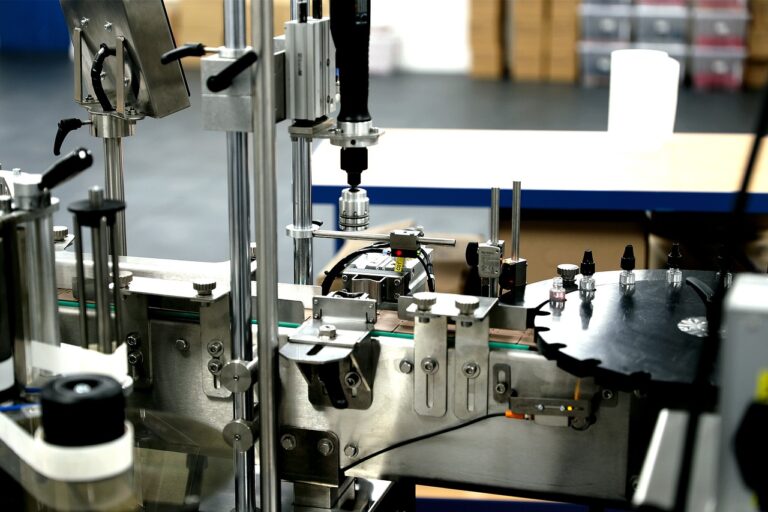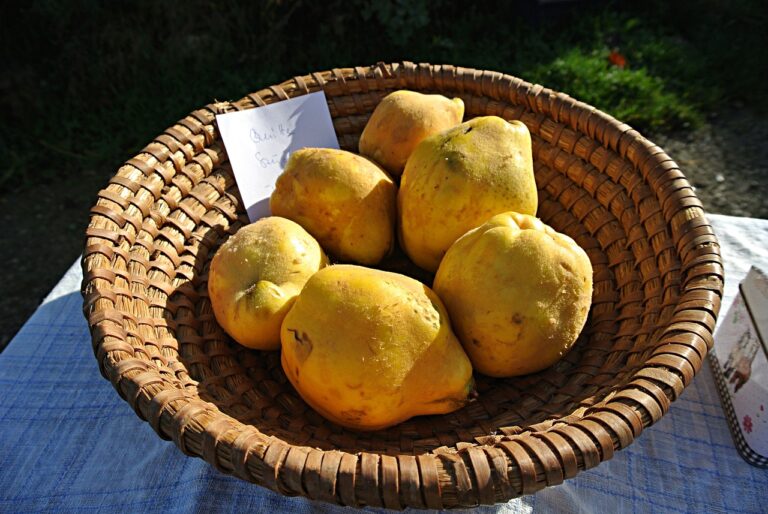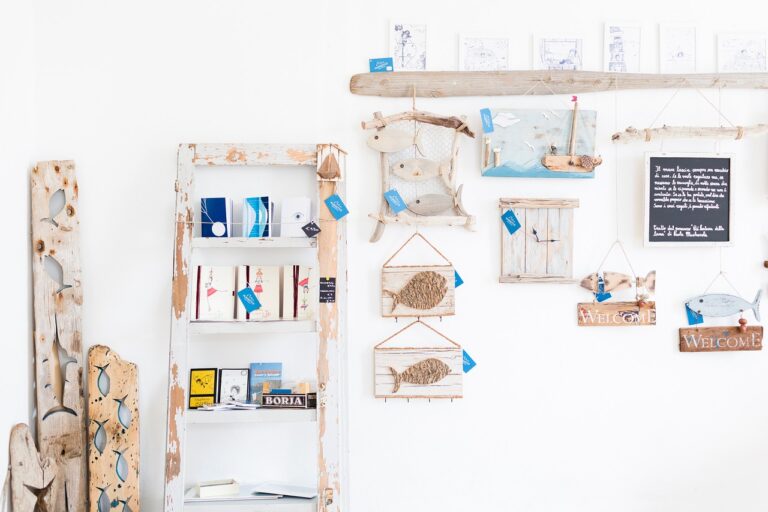Tips for Successful Organic Vegetable Container Gardening: Growing Fresh Produce in Limited Spaces: Cricket bet 99 login, Sky11 live, Reddy book id
cricket bet 99 login, sky11 live, reddy book id: Container gardening is a fantastic way to grow fresh produce even if you have limited space. Whether you live in an apartment with just a small balcony or a house with a tiny backyard, organic vegetable container gardening allows you to enjoy the taste of homegrown fruits and veggies. Here are some tips to ensure your container garden is successful:
Choosing the Right Containers:
Select containers that are at least 12 inches deep to provide enough space for the roots to grow. Make sure they have drainage holes to prevent waterlogging, which can cause root rot. You can use pots, buckets, barrels, or even repurpose items like old tires or crates.
Selecting the Right Vegetables:
Not all vegetables are suitable for container gardening. Choose compact varieties that are well-suited for smaller spaces such as cherry tomatoes, peppers, lettuce, spinach, and herbs like basil and parsley. You can also grow dwarf versions of veggies like carrots, eggplants, and cucumbers.
Location, Location, Location:
Place your containers in a sunny spot where they will receive at least 6-8 hours of sunlight per day. If you live in a hot climate, consider providing some shade during the hottest part of the day to prevent your plants from wilting.
Choosing the Right Soil:
Use a good quality organic potting mix that is well-draining and nutrient-rich. Avoid using regular garden soil, as it can become compacted in containers and hinder root growth. You can also add compost or organic fertilizer to provide additional nutrients to your plants.
Watering:
Containers dry out faster than traditional garden beds, so make sure to water your plants regularly. Check the soil moisture daily and water when the top inch feels dry. Be careful not to overwater, as this can lead to root rot. Consider using a self-watering container or a drip irrigation system for convenience.
Feeding Your Plants:
To keep your plants healthy and productive, feed them with a balanced organic fertilizer every 2-4 weeks. You can also use organic liquid fertilizers or compost tea to provide a nutrient boost to your plants.
Pest and Disease Control:
Keep an eye out for pests like aphids, caterpillars, and spider mites, as well as common diseases like powdery mildew and blight. Regularly inspect your plants and use organic pest control methods such as neem oil, insecticidal soap, or companion planting to keep pests at bay.
Harvesting:
Harvest your vegetables when they are ripe to encourage continuous production. Use sharp scissors or pruners to avoid damaging the plant. Regular harvesting also helps to promote new growth and prevents overcrowding in your containers.
FAQs:
Q: Can I reuse potting mix from season to season?
A: It’s best to replace the potting mix each season to prevent nutrient depletion and disease buildup.
Q: How can I prevent my containers from becoming too heavy?
A: Use lightweight potting mix and consider placing your containers on casters for easy mobility.
Q: Can I grow multiple plants in the same container?
A: While it’s possible to grow multiple plants in a single container, make sure they have similar water and sunlight requirements to avoid competition for resources.







